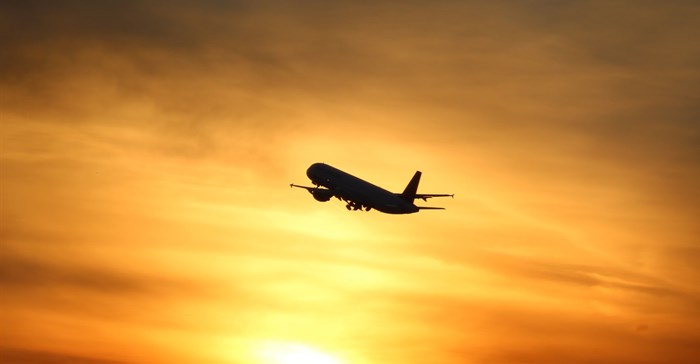It's just 766km from Entebbe in Uganda to Bujumbura in Burundi. Yet to fly between the two destinations, travellers often need to fly hundreds of miles east via Nairobi, or connect half-way in Kigali, making what should be an hour-or-so flight, a three-to-four-hour one.
Although it’s certainly not feasible for Africa to have thousands of city pairs because the traveller demand simply doesn’t exist, there are several hundred city pairs that would certainly be sustainable. Too often, the reason there aren’t airlines operating these routes is that we’ve failed, as a continent, to implement Open Skies.
And that’s because African governments are keen to protect their national carriers and are concerned that international carriers will flood into Africa and take over. Ironically, these international carriers are already here, so while we try to defend our corner from international competition, we put real constraints on regional growth and integration.
Business travel is a key catalyst for economic growth
It is the free movement of people that drive regional integration, according to the African Development Bank. When business travellers move more easily because of better air connectivity, they bring higher levels of investment. The same can be said for more liberal visa policies.
So, when you are told that as a South African you need a visa to travel to Angola for business, but not as a leisure traveller, you have to wonder at whether we’re not cutting off our nose to spite our face.
That said, however, we’ve seen some great strides over the past year in terms of improving visa openness on the African continent, but a great deal more needs to be done. I’d like to tell the respective governments which are making it tough for business travellers to visit their shores, the $50 you’re going to collect from a business traveller pales in comparison to the revenue the country will enjoy as a result of increased trade and higher levels of business and leisure travel.
This is especially since business travel is regarded as a key catalyst for economic growth. According to David Scowsill, President and CEO of the World Travel and Tourism Council, business travel is integral to the relationships, investments, supply chains and logistics that support international trade flow. It also plays a leading role in the growth of the wider travel and tourism sector, creating the infrastructure and jobs needed for transportation, accommodation and other services.
Faced with onerous visa requirements and poor access, I’m likely to think twice before investing my efforts, energy and investment in a destination that gives me multiple reasons for not contributing to its economic growth.
A connected continent
Back to the Open Skies debate which we’ve been having for decades. So much has been written about the benefits of a connected continent – the thousands of jobs and billions of dollars of revenue for Africa, the improvement in connectivity and affordability of flying across the region, the opportunities for business growth and innovation.
We signed on the dotted line in 1989 to liberalise African skies, and again, another solemn commitment towards a Single African Air Transport Market (SAATM) signed recently by 23 African states. What’s happened to the rest of them?
SAATM is a flagship project of the African Union Agenda 2063, an initiative of the African Union to create a single unified air transport market in Africa, the liberalisation of civil aviation in Africa and as an impetus to the continent’s economic integration agenda – in other words: the goal of SAATM is to connect Africa through aviation and other transport infrastructure to boost intra-African trade. Another flagship project is that of the African Passport.
If SAATM is implemented (its deadline is this year), the number of direct air connections within Africa would increase substantially. Travellers would not be forced to select flights that have long travel times or unnecessary stopovers, saving them time. IATA speculates that airfares could, in turn, be reduced by up to 35%.
In January, African Union heads of states launched SAATM with the hope that it would lead to 300,000 direct jobs and a further two million indirect opportunities. As part of the agreement, African airlines would be able to operate routes “on the basis of their own economic considerations and without hindrance.”
By 2023, the goal is for African governments to amend their Bilateral Air Service Agreements with other African states, liberalising traffic rights, capacity, frequency and pricing, so that SAATM can become a reality. The dream is for Africa to have one single hymn-sheet from which to sing, instead of individual bilateral agreements that constrain air access and connectivity.
As a flagship project that will drive the AU Agenda 2063, SAATM carries with it high hopes. It is the key to unlocking a more prosperous continent by making it easier for Africans to travel across and invest in their continent. That’s certainly something exciting for Africans to work towards.


































